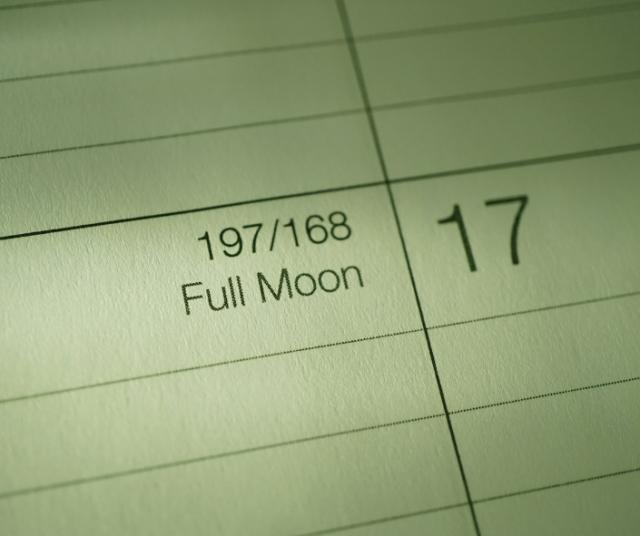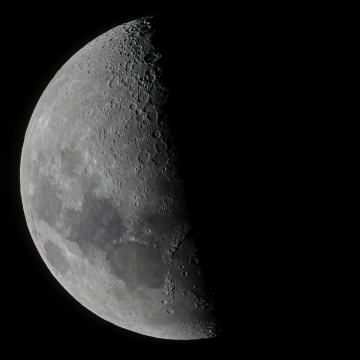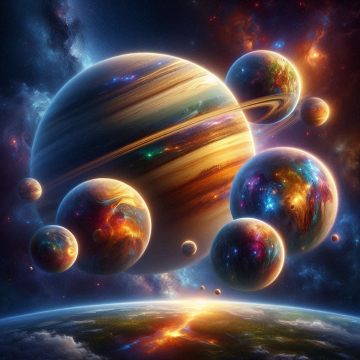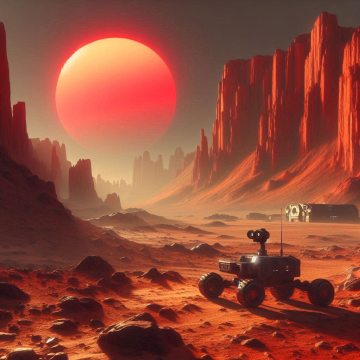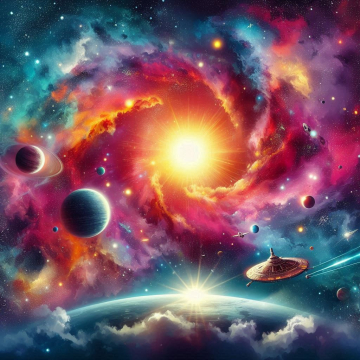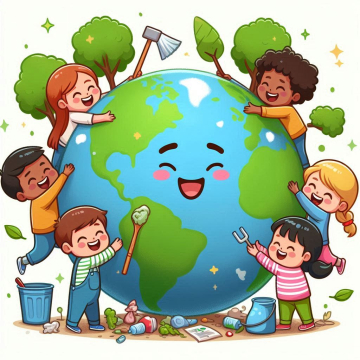The lunar calendar, a system that follows the cycles of the Moon, has been used by various cultures throughout history as an important tool for organizing events, agricultural activities, religious rituals, and more. Although we primarily use the solar calendar for most of our daily activities today, the lunar calendar still retains its relevance in various disciplines and practices. In this article, we will explore the meaning of the lunar calendar, its traditional and contemporary uses, and how this ancient tool continues to influence different aspects of our lives.
The meaning of the lunar calendar.
Lunar cycles and lunar months.
The lunar calendar is based on the cycles of the Moon, which repeat approximately every 29.5 days. Instead of using a 365-day solar year, as in the Gregorian calendar, the lunar calendar organizes time into lunar months. Each lunar month corresponds to the time it takes for the Moon to go through all its phases, from one new Moon to another.
Cultural and religious importance.
Since ancient times, many cultures have placed great importance on the Moon in their religious and cultural practices. The Moon has been worshiped as a deity in various mythologies and its influence has guided rituals and festivities. The lunar calendar thus becomes a reflection of these spiritual and ritual connections.
Traditional uses of the lunar calendar.
Agriculture and planting.
One of the oldest and most widespread applications of the lunar calendar is in agriculture. Many agricultural communities have used the Moon as a guide to determine optimal times for planting, growing and harvesting. It was believed that certain times of the lunar month were favorable for each of these activities, influencing the quality and quantity of crops.
Festivities and religious celebrations.
The lunar calendar has been fundamental in the planning of festivities and religious celebrations in various cultures. The determination of holy days, festivals and rituals is often done taking into account the phases of the Moon. Examples include the celebration of Ramadan in Islam, which follows a lunar calendar, and Hindu holidays such as Diwali.
Menstrual cycles and fertility.
In some traditions, the lunar calendar has also been linked to fertility and menstrual cycles. Although scientific evidence in this regard is limited, certain traditional medicine practices and cultural beliefs suggest that the phases of the Moon can influence conception and reproductive health.
Contemporary applications of the lunar calendar.

Astronomy and lunar observation.
In the modern era, the lunar calendar remains a valuable tool in astronomy and lunar observation. It is used to plan astronomical events such as lunar eclipses, phases of the Moon and other celestial phenomena. Astronomers and enthusiasts use the lunar calendar to schedule observations and take advantage of the best conditions to view the Moon at its fullest.
Lunar gardening and organic farming.
Although modern agriculture typically follows the Gregorian calendar, some people still turn to the lunar calendar for gardening and organic farming practices. The idea is that certain lunar phases can influence plant growth and soil health. Although science does not completely support these beliefs, some farmers prefer to follow traditional methods based on the lunar calendar.
Planning of events and activities.
In contemporary event and activity planning, the lunar calendar has found a place in areas such as planning weddings, celebrating festivals and other special events. Some people choose dates based on moon phases for symbolic or spiritual reasons.
Health & Wellness.
In the field of health and well-being, some alternative disciplines, such as traditional Chinese medicine and Ayurveda, still consider the influence of the Moon on health. Certain times of the lunar month are believed to be more conducive to practices such as meditation, detoxification, and energy balancing.
Astrology and lunar horoscopes.
Lunar astrology is another contemporary area where the lunar calendar plays a prominent role. Lunar horoscopes take into account the position of the Moon at the time of a person's birth to provide information about their personality, emotions and relationships. Although it has no scientific backing, lunar astrology remains popular among those seeking spiritual guidance.
Contemporary tools and resources.
Lunar calendar applications.
With modern technology, lunar calendar apps have gained popularity. These applications offer detailed information about the phases of the Moon, astronomical events and other relevant data. They can be used by amateur astronomers, gardening enthusiasts, and people interested in tracking the lunar phases for a variety of reasons.
Websites and online resources.
On the Web you can find numerous sites like ours that provide detailed information about the lunar calendar, from astronomical data to practical advice for applying lunar principles in everyday life. These online resources are accessible and offer a variety of perspectives on the Moon's influence.
The moon as a guide in a modern world.
Despite living in a digital and scientific age, the lunar calendar continues to play a significant role in various areas of our lives. From farming to event planning to astrology, the Moon continues to be a source of inspiration and guidance.
The duality between tradition and modernity is reflected in the persistence of the lunar calendar. While some people look for answers in the lunar phases based on cultural and spiritual beliefs, others use scientific knowledge to better understand astronomical phenomena.
Ultimately, the lunar calendar represents more than a time organization system; It embodies the enduring connection between humanity and the mysterious sphere that illuminates our nights. As we move into the 21st century, the lunar calendar continues to demonstrate its versatility and ability to adapt to the changing needs and beliefs of an ever-evolving society.
